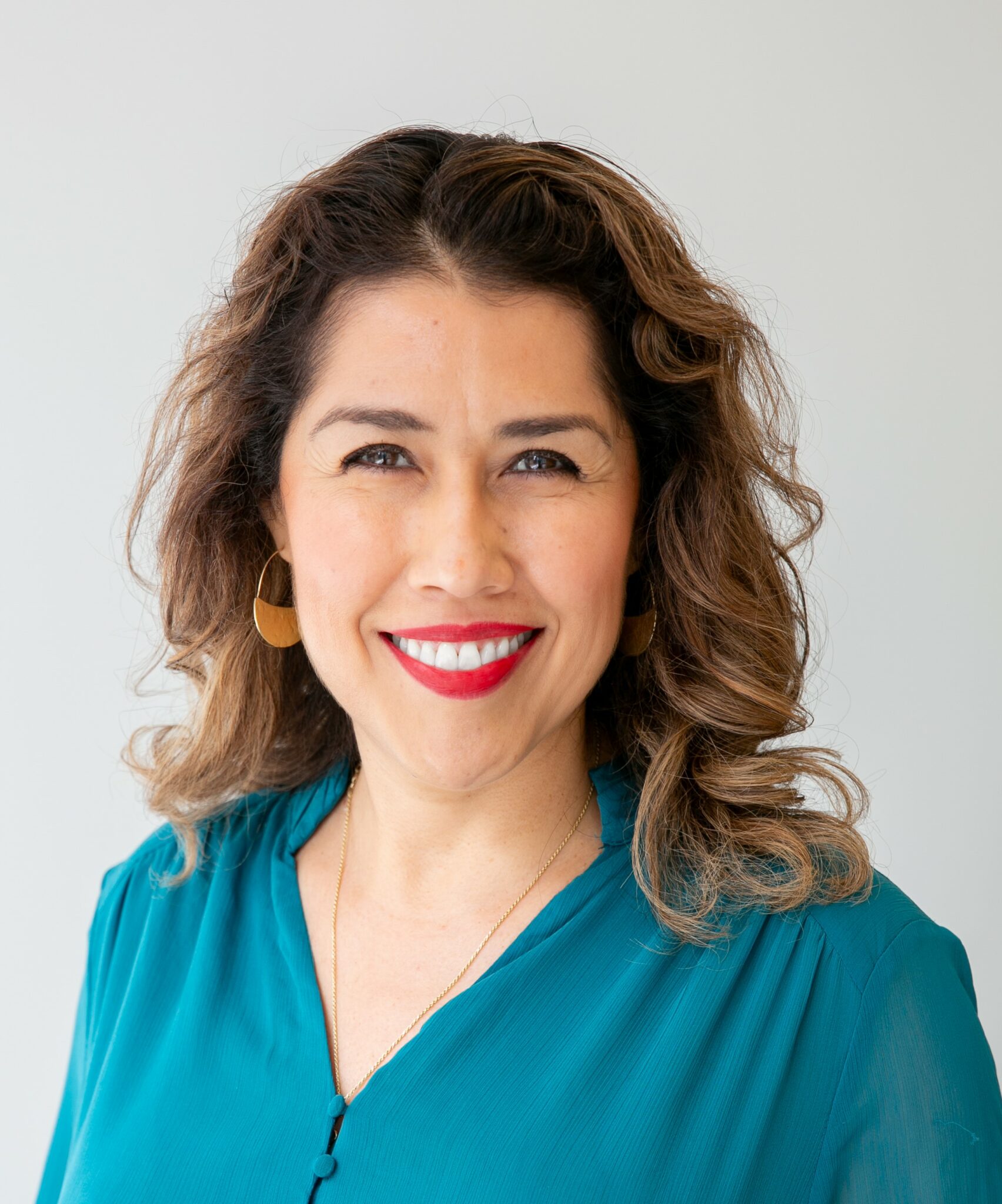Nurses are a vital part of the healthcare system, and their work is critical to the health and well-being of patients. However, many nurses are overworked and underappreciated, which can quickly lead to burnout and dissatisfaction in the workplace. Some nurses may also feel their ability to fully care for their patients and positively affect their health is limited.
There is a new focus in the nursing industry that fits in with the growing demand for alternative care, and nurses who pursue this path tend to have more options for taking care of patients in a variety of medical settings. If you are unhappy in your current role, whether you are an LPN, RN in traditional medicine, or a student figuring out your future, you may want to consider a holistic nursing certification program. Considered to be a nursing specialty, this degree allows you to work with patients as a whole and, depending on your specialty, you may be able to provide complementary treatment in addition to the traditional medical modalities.
Total Body Approach
Traditionally, nurses focus on a treatment plan specific to a patient’s condition. In holistic nursing, the goal is to heal the whole person instead of focusing on one particular area. By taking an approach that focuses on the body, mind, emotions, and spirit, patients tend to thrive on a higher level. Along with using traditional medicine to help the patient, a holistic nurse also integrates self-responsibility, prevention, self-care, and spirituality.
One of the draws of holistic nursing is the ability to use a number of approaches in regard to patient care. On any given day, a nurse trained in alternative care will use logical reasoning, intuition, a standard protocol of care, creativity in the approach to treatment, grounded direction, and theoretical practice. This variety dramatically decreases the possibility of burnout or boredom.
Graduating from an accredited college prepares nurses for a variety of roles and responsibilities. The degree allows holistic nurses to practice in a variety of settings, incorporating holistic therapies and theories with traditional medical interventions in collaboration with other healthcare providers. They can also help clients make healthy changes, handle stressful situations, and prevent other health issues. If you want to work in healthcare and make a positive, lasting change in your patients’ lives, a career in holistic nursing can be very rewarding.
Candidates for Holistic Nursing
The specialty of holistic nursing is not necessarily for everyone. It is designed for individuals who want to start or are already practicing alternative healthcare in their own lives. It is the perfect program for those who feel connected to their own emotional and spiritual health and want to help others do the same. With an emphasis on disease prevention, wellness, and overall health, students who enter this program should have a similar philosophy and approach to life.
Taking a whole body approach to patient care takes dedication and sense of nurturing that focuses on interconnectedness and peace. Skills such as building a community of like-minded individuals and the ability to communicate effectively with medical professionals are important to make a lasting difference.
If the holistic standards of care are important to you, such as a therapeutic environment, cultural competence, and the holistic caring process, a holistic nursing degree may be recommended over a traditional one.
Are you interested in becoming a holistic nursing professional?
Visit the links below to explore our holistic nursing programs:
Program Overview and Courses
A holistic nursing program encompasses both traditional topics and alternative coursework. Science subjects, diagnostic tests, and basic patient care are common focuses of nursing degrees. Typical classes that may also be offered for a holistic RN degree include:
- Psychoneuroimmunology
- Nursing Research
- Theoretical Foundations of Holistic Nursing
- Community Focused Healthcare
- Alternative Trends and Ethics
- Leadership in Healthcare
- Modalities and Roles of a Facilitating Nurse
Some holistic nurses may choose to continue on with master studies and specialize in specific alternative therapies including massage and Asian bodywork, acupuncture, biofeedback, and Chinese herbology. Education in these areas allows nurses to take on a completely different approach with their medical patients, work in private practice, or work in alternative wellness clinics.
Benefits of Online Programs
Recent trends in education have led to the introduction of online degrees, and nursing is no exception. Pursuing an online nursing degree allows you to take classes and exams on your own schedule, part-time or full-time. This is particularly convenient if you live in a rural area or want to work while going to school.
An online holistic nursing program provides an education for those who want to earn a nursing degree with a focus on relationships and interconnectedness. While much of the traditional coursework can be completed online, a nursing education also requires practical work which cannot be done online. For most programs, clinical requirements can be fulfilled in clinics, hospitals, or other approved healthcare facilities in your local area.
There are a number of different online programs available, depending on your particular situation. A program tailored for brand new students will not be the same as a program designed for current nurses who already have an associate or even bachelor’s degree in nursing. Both content and program length will vary, but the flexibility of online learning stays consistent no matter which program is chosen.
As with many careers in alternative and complementary medicine, holistic nursing is often seen as a way of living, not just a job. The thoughts and philosophy of prevention and self-care become part of your professional identity and daily life.
Featured Posts:

